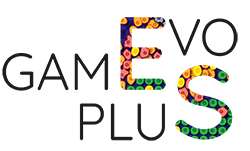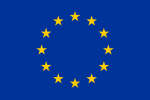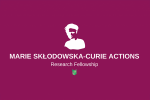by Christo Morison
“This talk will be more math than bio,” I tell my audience of two-dozen cancer researchers, “but this department’s title contains only one of those two words, so…” My voice trails off to leave room for titters, though the nervous pounding in my ears prevents me from discerning whether the laughter is of amusement or pity.
The department of Integrated Mathematical Oncology (IMO) — lovingly called ‘the Fourth Floor’ by some faculty members, denoting its location in the Moffitt Cancer Center — runs a weekly hybrid seminar, where I presented a bit about myself and my research late last month. I’m here in sunny Tampa, Florida, on secondment for the winter with my fellow EvoGamesPlus Early Stage Researcher Alexander Stein, whose interests also lie at the intersection of cancer and mathematics. Usually, we’re stationed in the UK, where our supervisors co-run a two-pronged research group at Queen Mary University of London: half of us — myself included — are employed at the School of Mathematical Sciences and the other half at Bart’s Cancer Institute, like Alex.
My talk at the IMO seminar follows Alex’s, so I build upon some of the ingredients he introduced in his presentation rather than start cooking from scratch. “Like Alex’s, my models are branching processes, my simulations Gillespie algorithms, my mutations neutral…”.
Grateful that Alex fielded many tricky questions from the coffee-energised listeners (surely there’s a biology pun about first lines of defence hidden in there somewhere), I set off, wondering which flavours of my research I should emphasise to keep them best engaged as the seminar speeds into its second hour.
Knowing how much detail to provide your audience is one of your most important skills as a researcher: you’ve spent all day thinking about the recipes you’re cooking with, but your listeners (or readers) only want to eat the food — with an abridged summary of what tricky techniques went into creating such a dish. This interpretation requires practice, and a mere eighteen months into my doctorate, I find it hard at times to determine how much spice to add. Sometimes, overseasoned food gets sent right back to the chef.
“Why is [theoretical technicality quite distant from the usual assumptions made about biological reality] relevant — or is this just because you need to fulfill the requirements of a PhD from a math department?” An IMO faculty member, whose research involves both the mathematical modelling of cancer and interactions with clinicians and patients, asks this question partway through my talk. “The latter,” is all I can think to respond, many of my motivations hard-wired from my maths training: if it’s mathematically interesting, then it’s worth investigating.
Here lies the most challenging and potentially fulfilling aspect of interdisciplinary work: how do we convince someone whose expertise lies in another box that what excites us is valuable? Yet while the languages we speak may differ wildly — in mathematical oncology, common backgrounds include computer science, clinical cancer research, mathematics, medicine, evolutionary biology, ecology, physics, bioinformatics and many other fields — we come together with similar goals, such as better understanding cancer evolution and how mathematical modelling can help improve its treatment. To me, this might mean investigating a particular mathematical distribution of information contained in the DNA of a tumour; to someone who works directly with clinicians who need to make daily decisions that deal with the very state of a patient’s life, this might mean something completely different.
“Single-cell sequencing data can give us access to these mutational burden distributions,” I later say with enthusiasm, “and while this is still theoretical, something that’s always in the back of my mind is data.” In my project, I’m hoping build up mathematical understanding of information that is only recently technologically reasonable to ask (politely) from experimenters and clinicians; and referencing applications of one’s work is the best safeguard against the ever-looming question from the back of any seminar room: “Why should I care?”
Being able to pitch one’s research goes beyond colloquia and conferences. Often, as an adult human, you’re asked what you do for work. You need to determine: am I a scientist? a mathematician? a cancer researcher? Each of them is true, yet none of them tell the whole story.
As an interdisciplinarian, the hat I choose to wear — or am forced to! — is spectator-dependent: when I sit amongst the algebraists and topologists of Queen Mary’s mathematics department, I am most certainly the closest thing to a biologist in the room. During my one day a week at Bart’s Cancer Institute, surrounded by people whose work does not exclusively occur on their computers, I feel very much like a mathematician (and I’m grateful for the exposure that this weekly safari-like excursion provides to the unfamiliar wilderness that is biology). Here at the IMO, the department seems to have been built for people like Alex and me, yet there’s still diversity in the interests and expertise of the researchers, attesting both to the hyper-specific nature of science, but also to the frequent irrelevance and perpetual inaccuracy of labels.
“Now, for the last few minutes, I’ve written down some ideas for how I’d like to spend my stay here.” I show my penultimate slide, which is populated by half-baked ideas and buzzwords. “Please come talk to me any time time before the end of March! And thanks for having us.” After a minute, I flick to my acknowledgements, which shows many names and smiling faces — colleagues, supervisors and friends. If I could gain a single thing from my time in Florida, it would be another person on that final slide.
I’m grateful to EvoGamesPlus for the opportunity to leave my comfort zone far behind, move continents, meet researchers and explore new perspectives. Long gone is the cosiness of abstract mathematics, where a mere slap on the wrist awaits the fatal mistake of accidental division by zero; in deciding to pursue a PhD in applied mathematics, I chose to face the complexities of biology, the murky greyness of interdisciplinary science. “You need to be OK with how ugly the math will get,” my supervisor Weini Huang warned me during the interview for this job, “it may be tough for you at first.”
She was right. But a year and a half in, presenting my research on the other side of the world to a slew of scholars whose names I recognise from having read many of their papers, I’m proud of my choice to apply my mathematical training and knowledge to problems faced by actual people. Parking my bike next to the entrance to Moffitt, with blue-uniformed nurses bustling past on their way to monitor and treat cancer patients, I feel closer to the world to which I hope my research will contribute — and fortunate to be in daily wintertime sunshine.
Pictures taken from Sandy Anderson’s Twitter thread about Alex and me giving our talks:
Todays @mathonco research in progress is a double act from the @EvoGamesPlus network! 1st up is @alexstein_ working with @BenjaminWerner_ & @KatStankova discussing: Exploring the relationship between intra-tumour heterogeneity and (evolutionary) therapy. pic.twitter.com/Wyv2AkMHg1
— @sandy@fediscience.org (@ara_anderson) January 24, 2023



